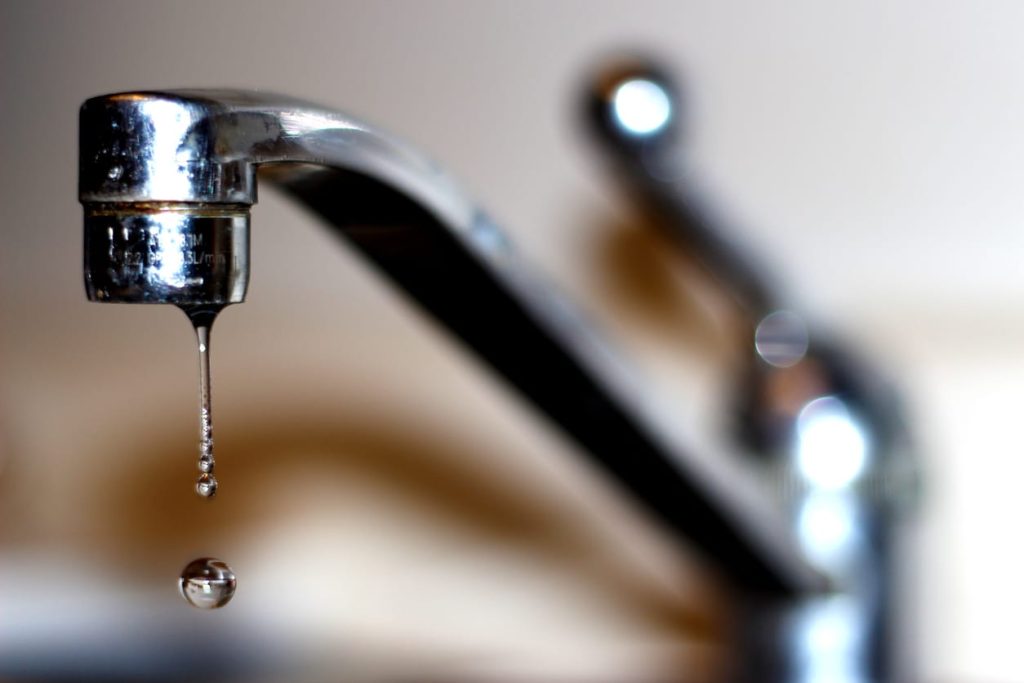Despite the water coming from your tap appearing clear, there are hidden contaminants that may pose hazards to your family. Consider these five hazards that may be hiding in your Indianapolis, IN home’s water, and what you can do about it.
1. Natural Elements
There may be natural elements hiding in your water that may pose a hazard to your family. These elements may include arsenic, radon, and uranium. These are regulated by the EPA, so once the water moves through one of the treatments plants around Indianapolis, they are within certain limits. However, the water may pick more up as it runs through the pipes to your home.
There are also the minerals that make water hard, like calcium, magnesium, potassium, and sodium. These minerals dry out your hair and skin, potentially causing cracks in your skin that can lead to infection.
2. Municipal Water Treatments
Municipal water treatments include various chloramines and usually fluoride. Chloramines can cause bleeding lips and a dry mouth and throat. They are also known to dry out the skin and cause an inflammatory response.
Fluoride is often added to municipal water sources for its purported benefits for oral health. However, long-term ingestion has also been linked to various cancers and musculoskeletal issues.
3. Landscape & Agricultural Chemicals
Water from landscaping and agriculture runoff into municipal water supplies, adding additional hazards. This includes pesticides, fertilizers, and animal byproducts. These are again regulated by the EPA to remain within certain limits in drinking water, but that means they are still present.
4. Manufacturing Byproducts
Manufacturing operations are allowed to send pre-treated wastewater back into water supplies that feed into municipal treatment facilities. The pretreatment removes many of the larger particles, but only down to the tolerable limits imposed by the EPA.
5. Sewer Overflows
Sewer overflow can also end up back into the municipal water source. These overflows can range from everything from standard sewage to additional chemicals picked up from streets and sidewalks.
Finding the Right Water Treatment Options
As previously mentioned, municipal water supplies are treated before being sent out for potable use. However, that treatment does not actually remove most of the contaminants in their entirety. Rather, they only work to reduce them down to what is considered to be a generally safe limit.
Many people want to know their water is safe from these hazards and opt to use additional filtration at their homes. While you can filter just the water you drink, it doesn’t change the topical effect the water has in bathing and on your clothes.
Whole-house filtering options include everything from simple filters to substantial reverse osmosis systems. You should test your water to see what it contains to determine the best options for making the water in your home safer. You want to avoid installing more than you need but also want to make sure that what you install will remove those contaminants specific to your area.
Make your water better for your family by getting the best treatment option for your home. Call to schedule your appointment with one of the water treatment specialists at JW’s Plumbing Services LLC today.





